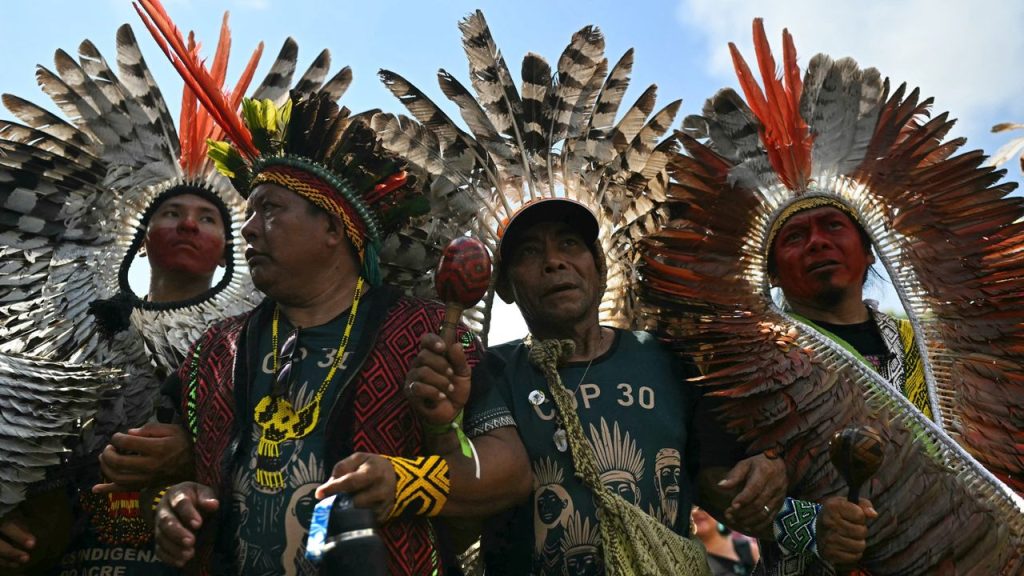The Brazilian government has created 10 new Indigenous territories as the end of Cop30 approaches in Belém. The new legislation enshrines the protection of the environment and culture of Indigenous people living in these areas.
Opening the summit last week, Brazil’s president, Lula da Silva, said Cop30 would be “inspired by Indigenous peoples and traditional communities”, and this year’s edition welcomed the largest Indigenous delegation in the summit’s history. But talks have also been disrupted by Indigenous-led protesters who say much more needs to be done.
What did the commentators say?
The summit in Belém, which is situated at the mouth of the Amazon River system, marks an “unprecedented effort to elevate Indigenous voices”, said Danilo Urzedo, Oliver Tester and Stephen van Leeuwen on The Conversation. Around 1,000 Indigenous representatives were invited to take part in the summit, with a further 2,000 able to access spaces for activists and the public. It represents a recognition of the “unique knowledge” cultivated by Amazonian communities, those most vulnerable to the “direct consequences of climate change”.
But on Tuesday, Indigenous-led protesters clashed with security guards as they attempted to enter the conference venue, “highlighting tensions” around the Brazilian government’s claim that the summit was “open to Indigenous voices”, said Al Jazeera. Three days later, a peaceful protest prevented delegates from entering the venue for several hours.
Of particular concern is Cop30’s “emphasis on climate finance” rather than a total ban on disruptive activities like mining, logging and oil drilling in the Amazon basin. “We can’t eat money,” said one community leader.
Under the “rallying cry ‘Our land is not for sale’”, the demonstrations “brought global attention to injustices that climate politics have long tried to contain”, said The Conversation. With “unresolved land-tenure conflicts” compounded by the “rising violence faced by Indigenous communities on the frontline of climate impacts”, Cop30 and political shifts “reveal that effective environmental actions depend on dismantling power inequalities” in climate decisions.
Despite the palpable discontent, the fact that protests could even take place could be seen as a positive, said Politico. They show that “democratic” Brazil is different to previous “autocratic” hosts – Egypt, the United Arab Emirates and Azerbaijan – who have “little tolerance for demonstrations”.
What next?
Last year, President Lula’s government “recognised Indigenous possession of 11 territories”, said the BBC. As well as the 10 new territories, his administration also marked an “institutional milestone” by establishing a Ministry of Indigenous Peoples of Brazil, headed by Sônia Guajajara, who “is widely recognised for her leadership and activism in defending Indigenous rights”, said EuroNews.
Officially recognising Indigenous lands, which is known as demarcation, continues to be an “arduous” process, said The New York Times. The process is “filled with logistical and bureaucratic hurdles”, and before Monday’s announcement about the 10 new territories, there were “107 Indigenous land demarcation processes awaiting a final government decision”.
Brazilian president approves 10 new protected territories, following ‘unprecedented’ Indigenous presence at conference, both as delegates and protesters
